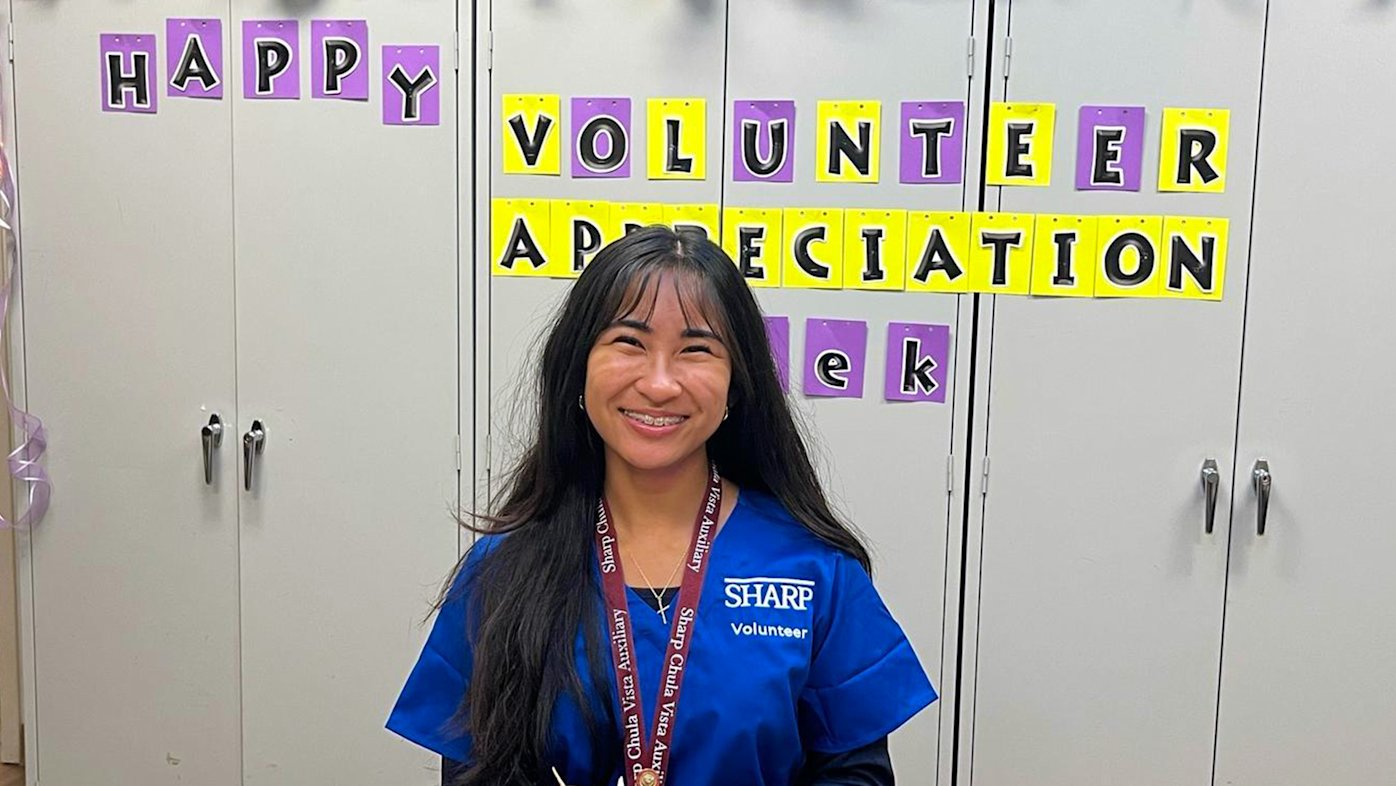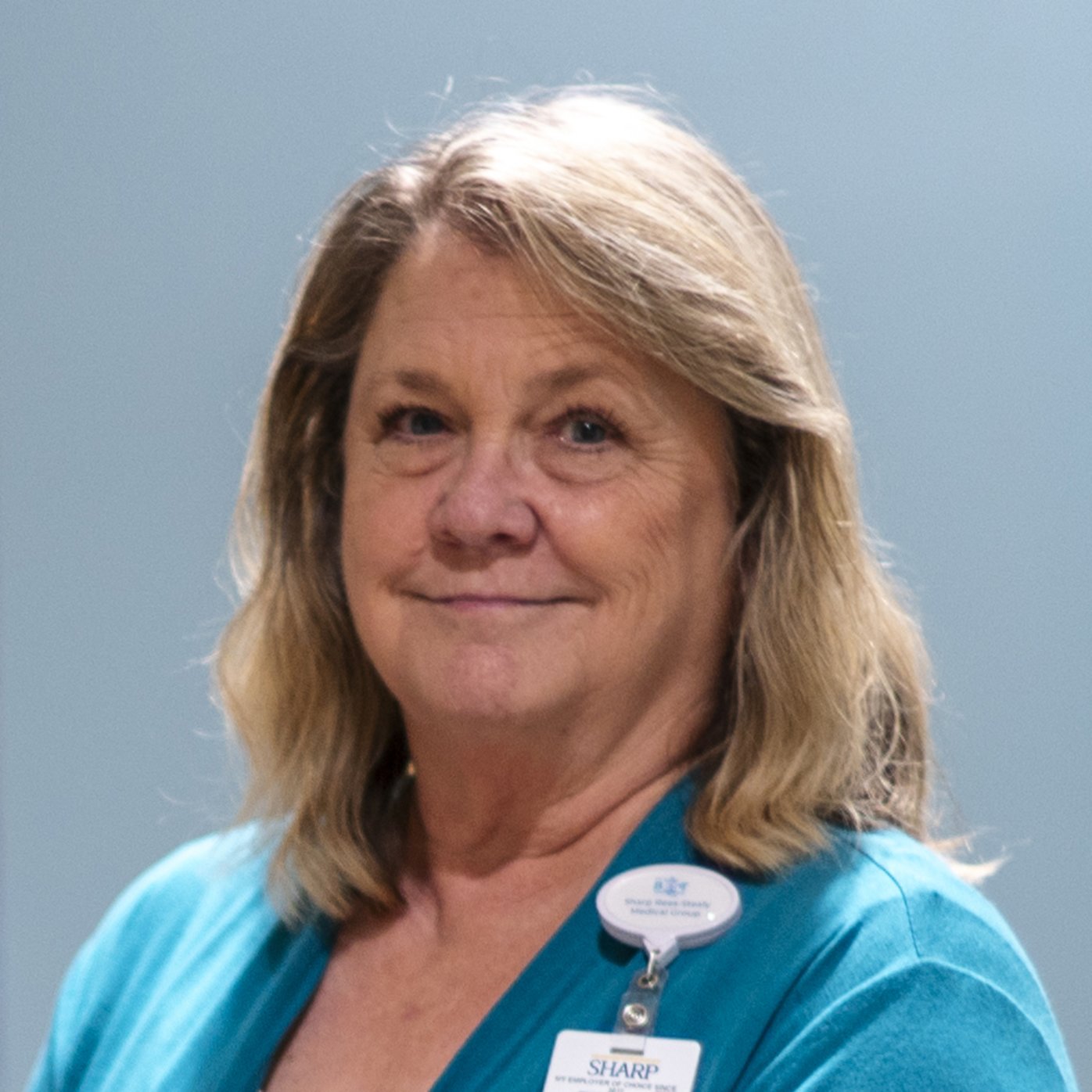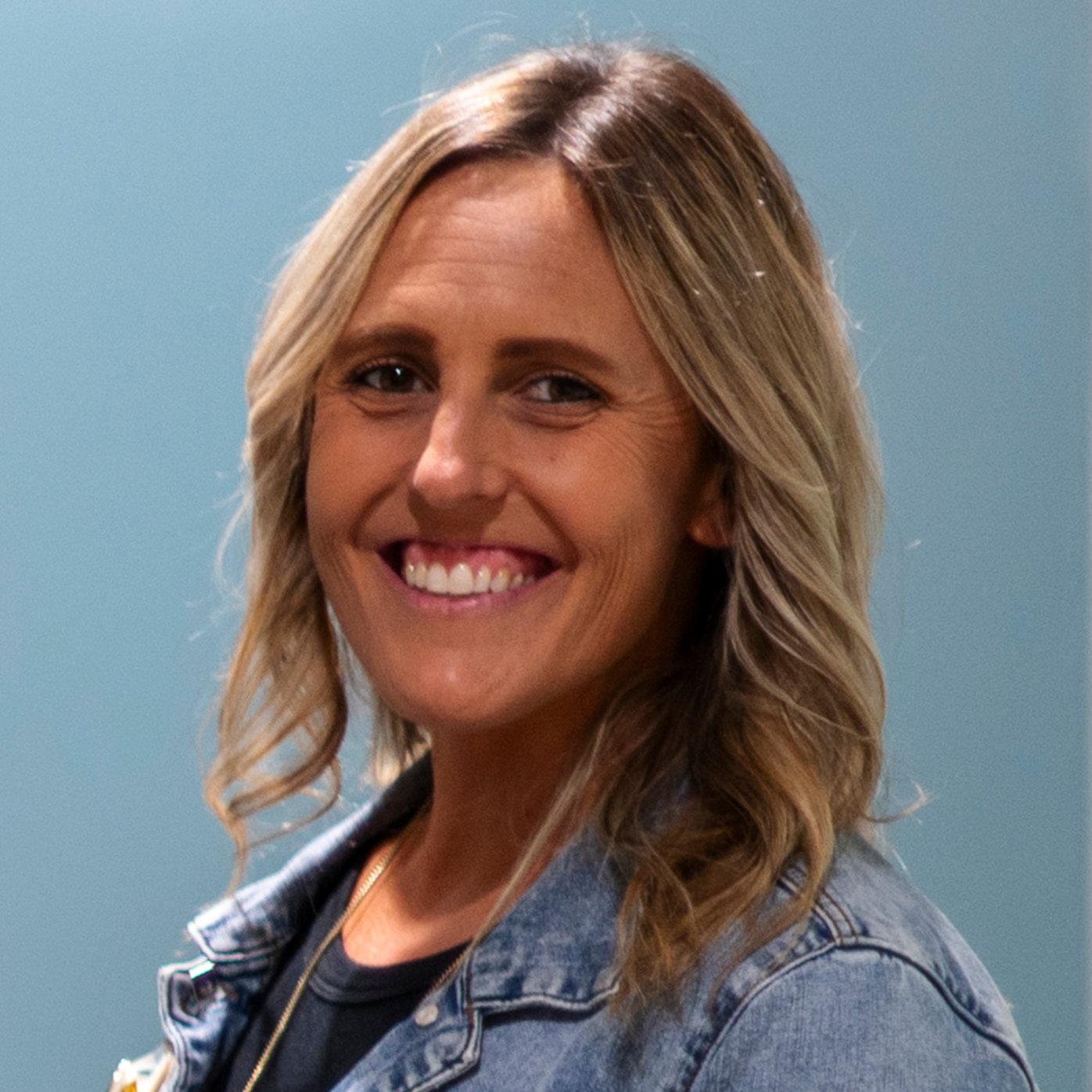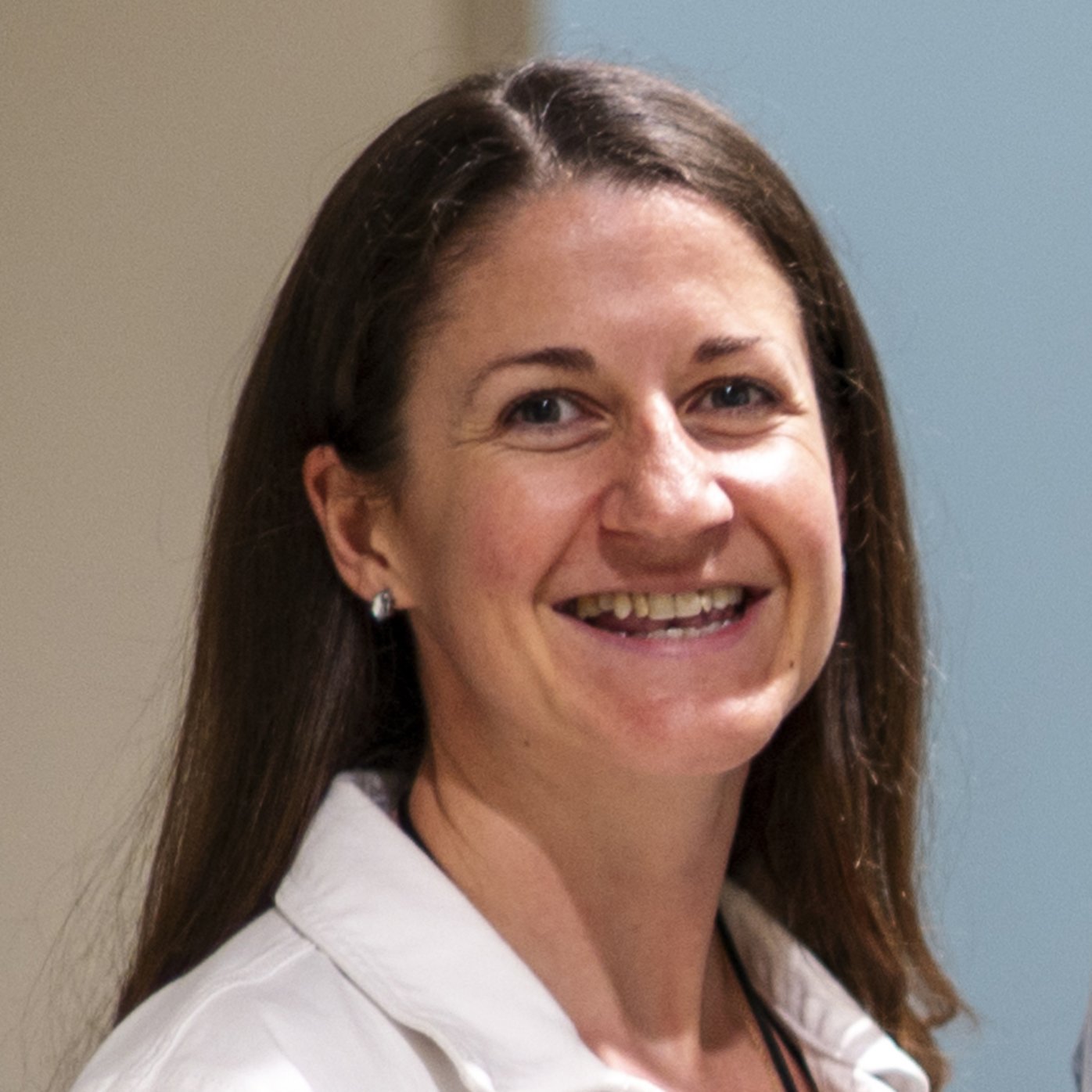
Student volunteer brings joy with wishing cranes
Carefully folded origami cranes carry messages of hope and healing, as one teen volunteer helps brighten patients’ days at Sharp Chula Vista Medical Center.
Robin Short was first diagnosed with Type 1 diabetes when she was 11. Now, as the supervisor of diabetes case managers in Population Health at Sharp Rees-Stealy, she is playing a major role in helping other patients.
“It’s my passion to be able to share the information that I know and the tools that I have to help others realize what a difference it can make in their lives to have control over your diabetes,” Short says.
As part of the ENVISION campaign, the Sharp HealthCare Foundation approved the purchase of six more point-of-care HbA1c machines. The technology allows the Population Health nurses to provide more efficient and convenient care to patients.
“We really want to thank the Foundation for all the money they’ve given us,” Short says. “It’s made a huge impact in our diabetic population.”
The HbA1c machines test a patient's hemoglobin A1C — their average blood sugar levels over a three-month span. But instead of needing a blood draw at a lab and receiving the results the following day, the test is a simple finger stick that can deliver results to patients and doctors in minutes.
“For patient comfort, convenience and time, it’s a big benefit,” says Kelly Meyers, manager of Population Health at Sharp Rees-Stealy.
Improving the quality of care
The Sharp Rees-Stealy Diabetes Prevention Program, free to Sharp Rees-Stealy patients, provides access to a skilled lifestyle coach and 12 months of group support. Topics covered include everything from increasing physical activity to stress reduction.
At Sharp Rees-Stealy, the Population Health team measures their quality of care by working to achieve what they call Advanced Perfect Care (APC) compliance. APC compliance is determined by meeting target metrics surrounding key diabetes management efforts.
Managing diabetes involves regular monitoring of blood glucose levels, lifestyle modifications and medication adherence. Each is an important tool for health care providers and patients in assessing the quality of their treatment, and each helps to ensure the best possible outcomes.
In 2023, Sharp had to get 52% of its 26,000 patients with diabetes to be APC compliant to reach its entity goal. Sharp is currently at nearly 55%. “We think those machines impacted that,” says Janet Appel, director of Population Health at Sharp Rees-Stealy.
The difference a donation can make
Sharp Rees-Stealy started with two HbA1c machines in its pilot program and saw immediate improvements. A donation from the Walter C. & Stefanie A. Zable Family Foundation helped fund six more. The funds also contributed to installing a second mammography unit at Sharp Rees-Stealy Otay Ranch, expanded colon cancer screenings by 32%, and allowed for better hypertension treatment.
When a patient wants to see how much their dietary and lifestyle changes are impacting their A1C levels, the new machines allow them to see the results almost instantly. One patient was so excited they hugged their nurse.
“To see that positive in-person reaction has been very rewarding,” says Suzanne Mello, a case manager with Sharp Rees-Stealy.
The advancements are not lost on Short. The technology that Sharp has today is a vast difference from what she had as a child. “Having the tools we have today makes it so much better for diabetic patients, young and old,” she says.
According to Mello, such advanced technology could become “a new standard” in caring for all people with diabetes.
Learn more about the Sharp Rees-Stealy Diabetes Prevention Program and how to support ENVISION: The Campaign for Sharp HealthCare. Get the latest health and wellness news, trends and patient stories from Sharp Health News; and subscribe to our weekly newsletter by clicking the "Sign up" link below.

The Sharp Health News Team are content authors who write and produce stories about Sharp HealthCare and its hospitals, clinics, medical groups and health plan.

Robin Short is the supervisor of diabetes case managers in Population Health at Sharp Rees-Stealy.

Kelly Meyers is the manager of Population Health at Sharp Rees-Stealy.

Janet Appel is the director of Population Health for Sharp Rees-Stealy and administrator for the Food Insecurity Project.

Suzanne Mello is a case manager with Sharp Rees-Stealy.
Our weekly email brings you the latest health tips, recipes and stories.